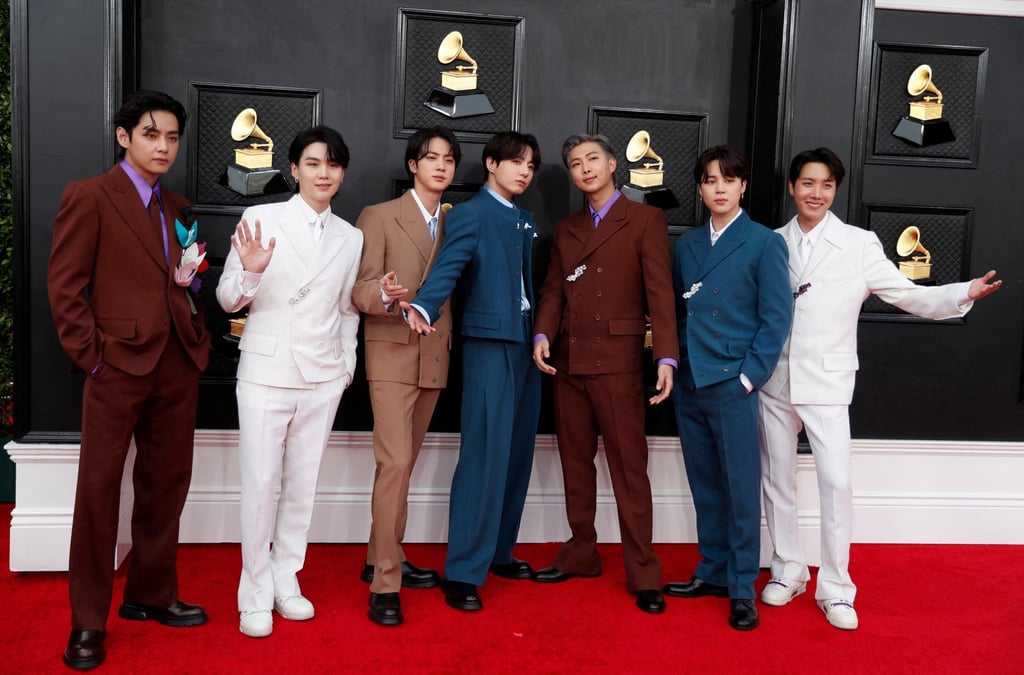Advertisement
Squid Game, BTS fuel interest in Korea, but Korean studies courses at universities don’t benefit – they lack funding to attract more students, say experts
- The global popularity of Korean cultural exports has piqued people’s interest in Korea, and more universities than ever before have Korean studies programmes
- Most are underfunded compared to Chinese and Japanese studies, however, and Korean companies and the government should support them financially, academics say
Reading Time:5 minutes
Why you can trust SCMP

By Dong Sun-hwa
Advertisement
It’s clear to see, from K-pop group BTS scoring nominations at the Grammy Awards to Squid Game’s success on Netflix, that Korean cultural content is sweeping the world off its feet.
Actor Song Kang-ho became the first male actor from Korea to take the best actor award at the Cannes Film Festival for his role in the 2022 drama film Broker.
The global popularity of Korean culture has piqued people’s interest in Korea itself, with many of them curious about exploring the country so that they can have a deeper understanding of the content they love.
“Interest in Korean popular culture is also generating interest in ‘high culture’ – from Korean language to gestures to semiotics [the study of signs] to cultural customs,” says Jieun Kiaer, a professor of Korean linguistics at the University of Oxford in the UK.
Advertisement
“Even ‘Korean common sense’ in the form of concepts like nunchi – which can be compared to emotional intelligence in the West – is a hot talking point across the globe.”


Advertisement